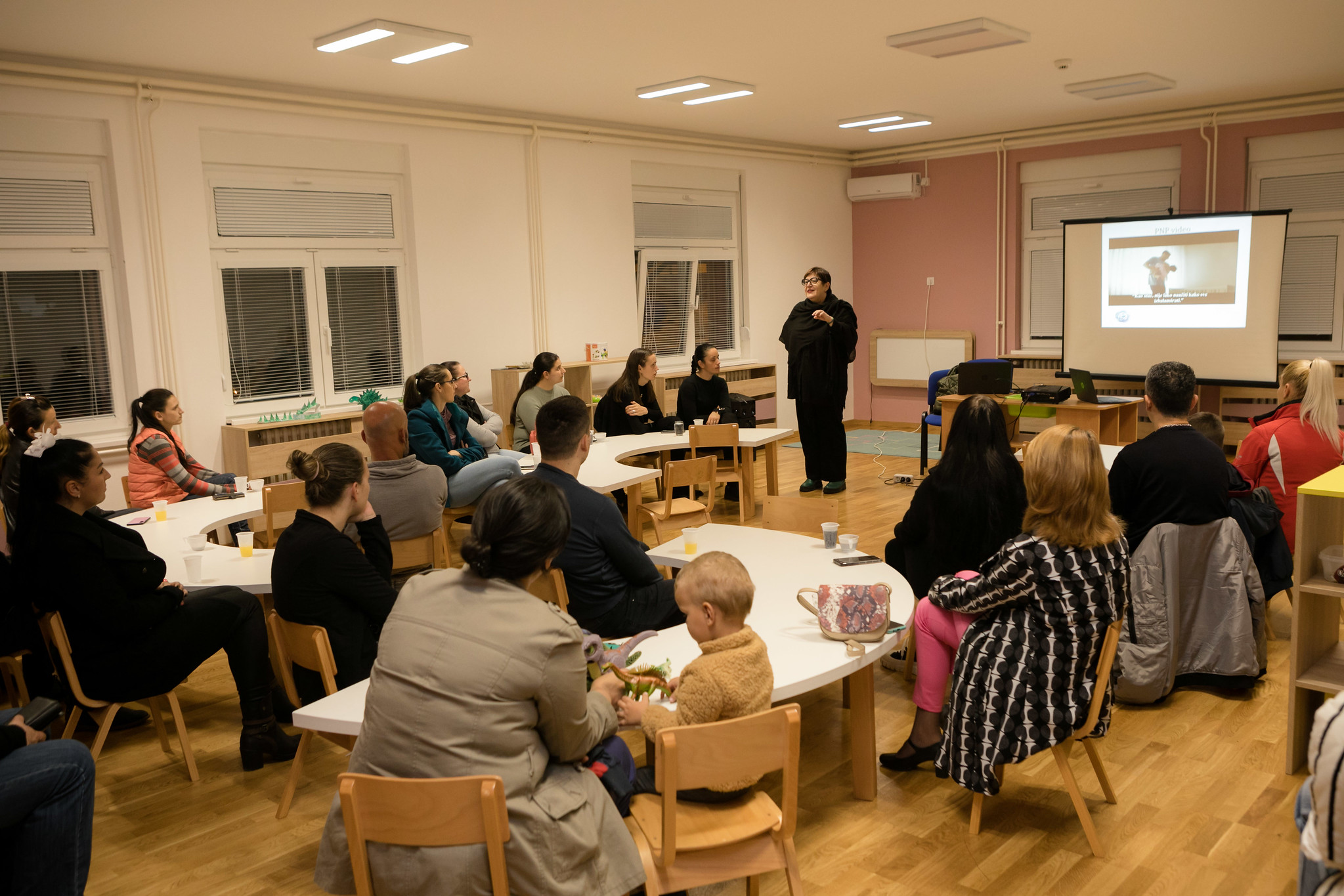Knowing and understanding the myriad reasons behind why children don’t like to read may help in the process of encouraging children to read.
Motivating children to read is one of those agony-inducing tasks every parent and teacher faces sooner or later. Knowing and understanding the myriad reasons behind why children don’t like to read may help in the process of encouraging children to read.
When my sister and I were much younger, my Mom would have us write from breakfast to lunch every day during summer vacation. At first I hated the daily writing, but eventually I got into it and wrote about how my day was going and how I was feeling. I have my Mom to thank for instigating my love for writing.”, said Jake Marcionette, the youngest author to hit the New York Times Bestseller list and the youngest author in the history of Penguin Books to land a publishing deal.

Copyright: Evgeny Atamanenko
-
Mom, aren’t televised novels more interesting and economical than actual novels?
“When all we have ever strove hard for is money, and all we have ever craved for is time, how affordable is it to lose these crucial resources for the purposes reading a book? And why should we even stake these when we have Harry Potter available on DVDs? We’re always just a click away from watching Pride & Prejudice on TV. And TV, without a doubt, is the best form of entertainment.”
-
I’m too impatient to even spell patience!
Our fast paced lives command us to be swift with everything we do. We do not even have a second to expend on tying our shoelaces and hence, are happy to risk falling down. A buffering Youtube video or a slow-loading website are some of the things that can elicit the worst ever reactions from human beings. Hence, patience is a hard game and asking the already impatient kids to read a 100-page book is like expecting a stone thrown into water to bounce back.
-
I wish reading was more fun, like playing.
This needs no explanation since every child would find a game of chess to be far more stimulating than having to do what they usually do in schools – read.
-
I’m not ready to compromise the opportunity cost of my time.
After having spent a long day at school, who would want to sit at home reading a few chapters of a book instead of playing football with friends?

Copyright: ESB Professional
Confused? Don’t know how to respond to the logic, reasons, and questions like the above ones advanced by your kids? Check How can you make your kid “want” to read?
-
Don’t answer their questions; make them find it
“Mom, how far away is the sun?…..how did the tortoise win the race?…..” Kids can come up with an entire universe of questions in just 24 hours, yet never have a mind exhausted of further questions. So, why not exploit their curiosity? When they do ask you, sometimes silly, sometimes serious, questions, DO NOT answer them straight away. Give them an encyclopedia or a story book and ask them to find the answer themselves. Your non-responsiveness would compel them to use the alternative, i.e., reading. Let reading become a treasure hunt for them!
-
The ambience does it all
Every parent loves to decorate his/her kid’s little room in the most flamboyant and creative ways. Instead of having shinchan and doraemon on posters all over their walls, put up miniature paintings of scenes from famous stories and books, like when the thirsty crow finally drank water, or let The Three Musketeers hang on the wall of your child’s room. Or, create a mini library in the house and keep a collection of your child’s favorite genre.
-
Lure them with literary gifts and rewards
Gift your child with a colorful basket stocked with pens, pencils, markers, paper, envelopes, and book-making materials. And as a reward for every book s/he reads or every page s/he writes, gift them another book, new pencils/pens, or something symbolic of literary significance.

Copyright: Vasilyev Alexandr
-
Make it a game
Make reading and writing a part of the game—for example, provide materials for making menus for a pretend restaurant or suggest reading aloud to stuffed animals and dolls. Ask your child to join you in a reading competition to see who finishes a book first. You can also follow what Jake’s mom did. Or even better, invite your child’s friends for a book reading party since peer influence is a strong driving force at a young age. Give funky background voices to the characters when you read stories to them. A lyrical or musical way of conveying dialogues is often well-remembered by kids as well. Ask them to assign the characteristics of different characters to real people like their friends, family, or acquaintances. Linking a character to a real person is another good way to remember it while enjoying the story. Ask them to write and explore the meanings, synonyms & antonyms of every unusual/new word they come across while reading. Be creative!
-
Let them copy “you”
Kids love to emulate their parents. Make this habit worth it. Read books, not only “in front of them” but also “with them”. Read aloud the news headlines to them so that they get accustomed to the habit of keeping up to date with current affairs. Be their role model whom they can proudly follow.
And show the children to the green fields, and make their world
Run azure on gold sands, and let their tongues
Run naked into books the white and green leaves open
History theirs whose language is the sun. —- Stephen Spender

















